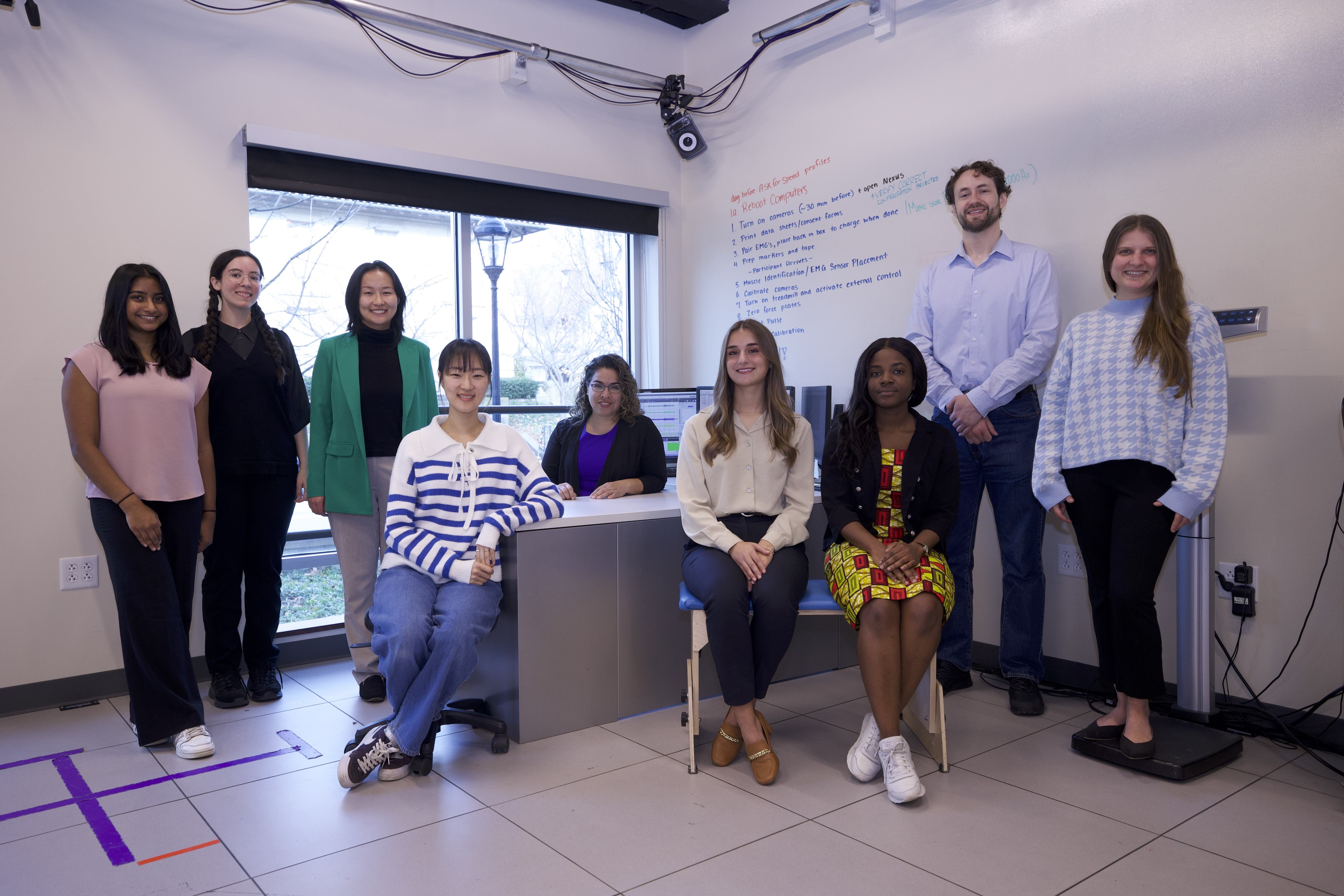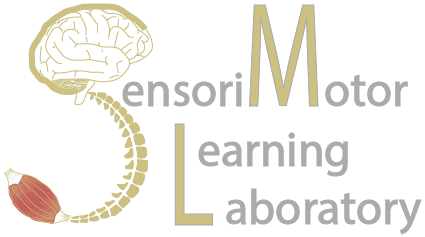
Our Laboratory investigates the human ability to adapt learned movements and acquire new ones through interactions with the world. We accomplish this by combining computational tools and psychophysical experiments in unimpaired subjects and individuals with cortical lesions, such as stroke. Current studies specifically study: 1) the adaptability of muscle activity when walking in novel situations, 2) the prediction error driving locomotor learning to sustained movement perturbations, 3) the generalization of motor learning across different conditions (e.g. treadmill vs. over ground walking), and 4) cognitive factors mediating learning in "automated" behaviors such as walking. Our research has the ultimate goal to improve the mobility of people with brain lesions by non-invasively stimulating learning mechanisms available to them.

